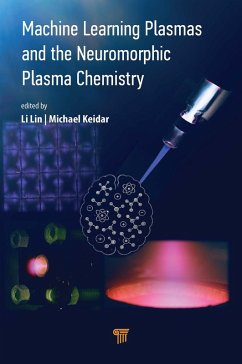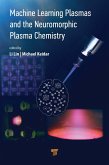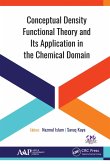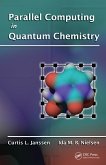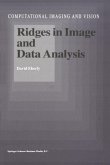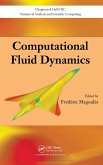Plasma chemistry, a foundational science driving advancements in the engineering of biomedicine, space propulsion, and semiconductor manufacturing, is currently increasingly relying on AI to diagnose and control chemical compositions and reaction rates in plasmas. This book presents a groundbreaking aspect of fundamental plasma chemistry that integrates modern ML and neuromorphic systems and is the first book to introduce such a unique theory. It explores these topics in depth and introduces the revolutionary concept of chemical systems that can function as molecule-based programmable intelligent materials, proposing a new form of AI that operates without digital computers but by using chemical pathway networks.
Dieser Download kann aus rechtlichen Gründen nur mit Rechnungsadresse in A, B, BG, CY, CZ, D, DK, EW, E, FIN, F, GR, HR, H, IRL, I, LT, L, LR, M, NL, PL, P, R, S, SLO, SK ausgeliefert werden.

